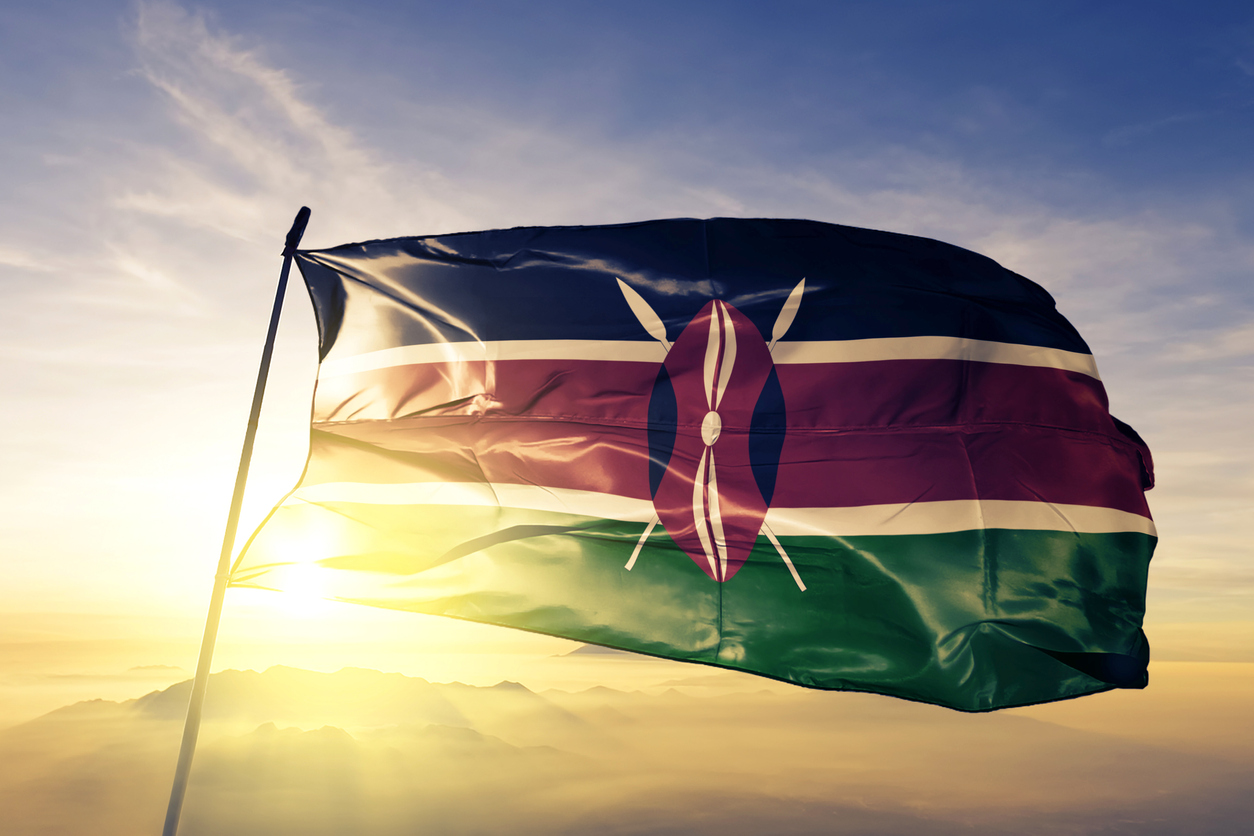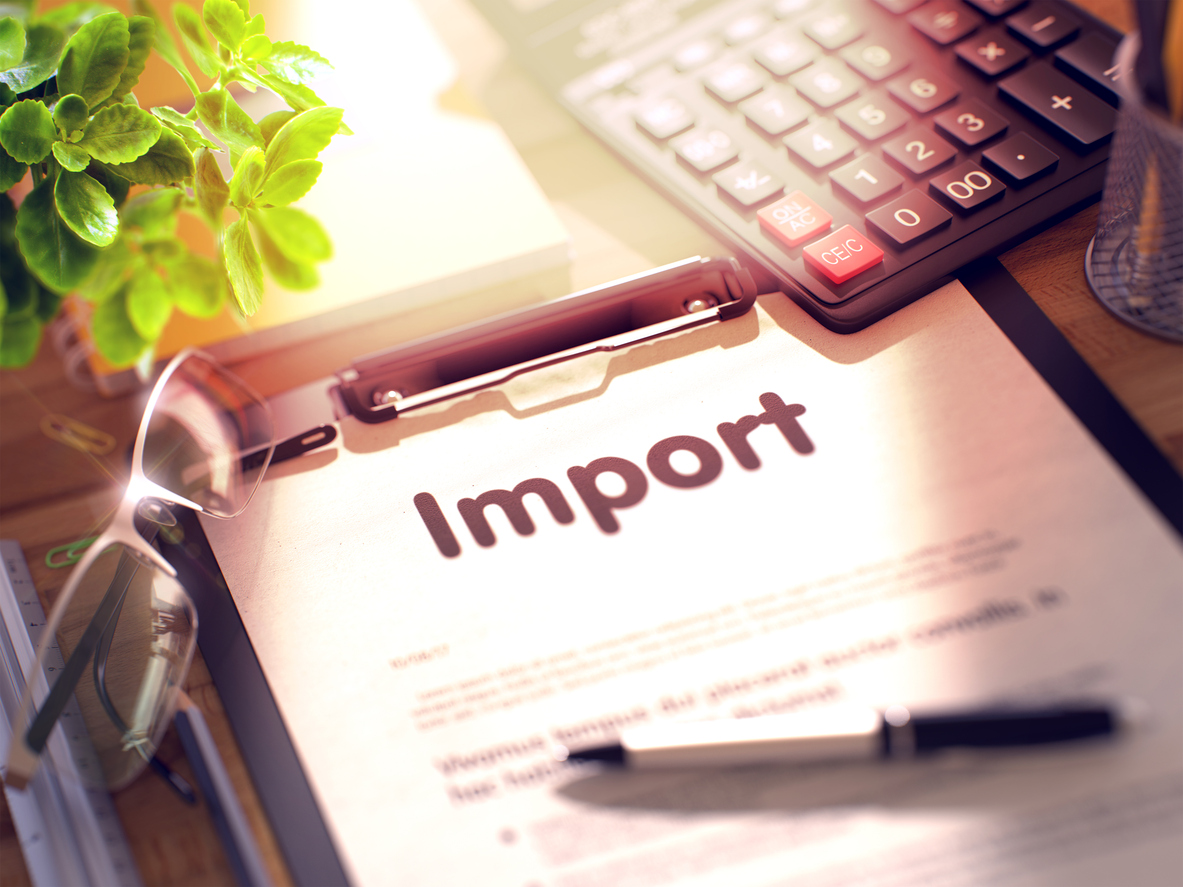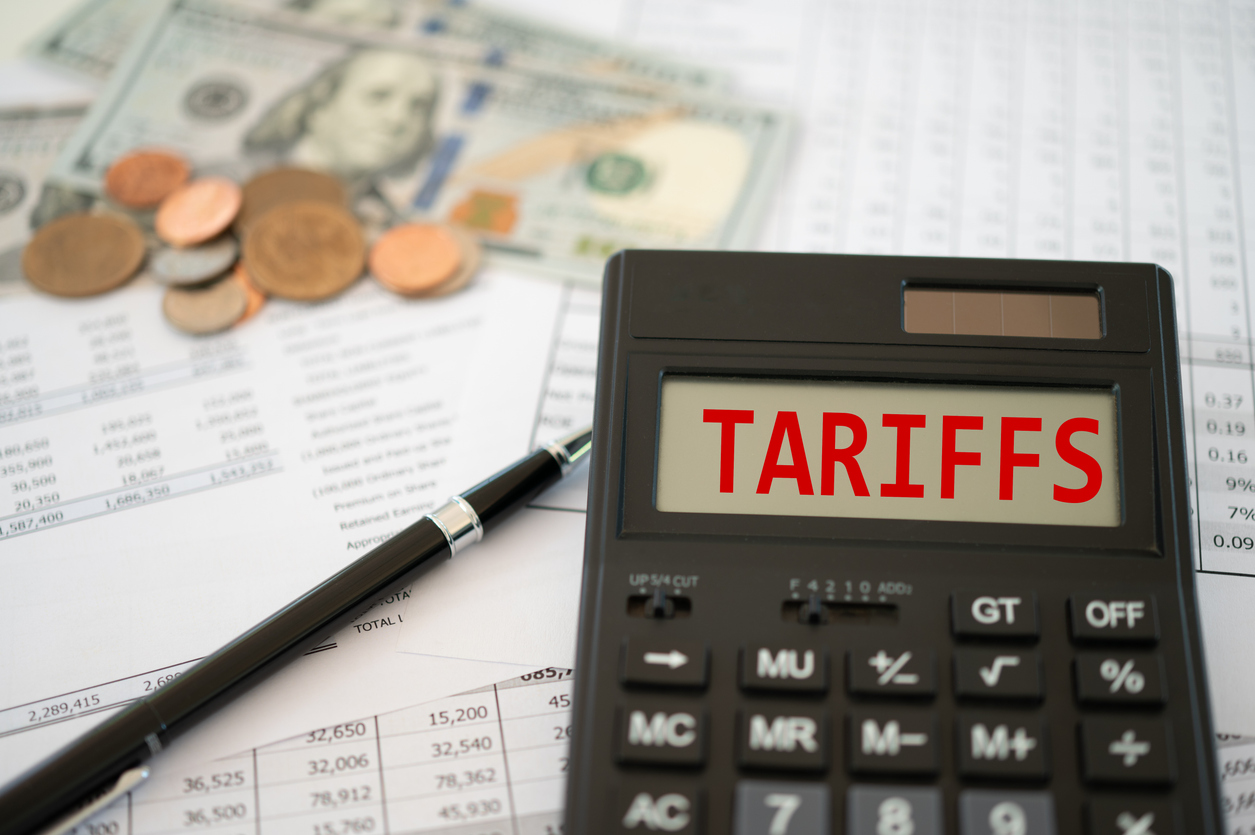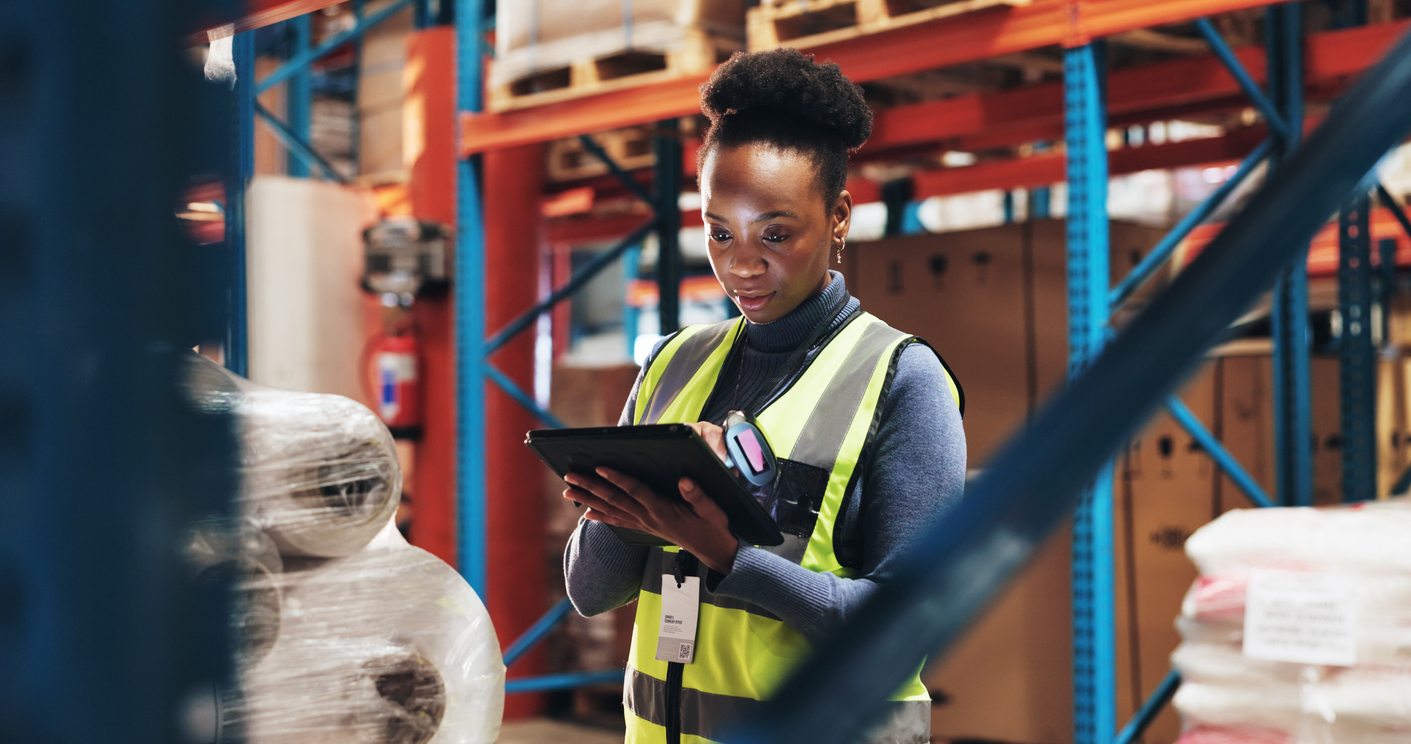An In-Depth Guide to Shipping Goods from Suriname to Kenya
An In-Depth Guide to Shipping Goods from Suriname to Kenya
Shipping goods from Suriname to Kenya is a complex task that requires careful planning and adherence to laws and regulations. This comprehensive guide will provide you with all the information you need to successfully transport goods from Suriname to Kenya. We’ll discuss how to choose a reliable shipping company, the requirements for shipping goods from Suriname to Kenya, and the various taxes and fees involved. We’ll also provide helpful tips for ensuring a smooth and stress-free shipping experience. Whether you’re a business shipping goods to Kenya, or an individual looking to ship a gift to a friend or family member in Kenya, this guide will provide you with all the information you need to make your shipping process as easy and hassle-free as possible.
Choosing a reliable shipping company
Before you even begin to look for a shipping company, you’ll want to make sure that the company you choose is reliable and trustworthy. The best way to find a good shipping company is by asking for referrals from friends, family members, and co-workers who have recently shipped goods. If you don’t know anyone who has recently shipped goods, you can also use online reviews and ratings to find a reputable shipping company. You’ll want to make sure that the shipping company is licensed and has a verifiable address and telephone number. You’ll also want to check the company’s BBB rating and make sure that their services are appropriate for the items that you’re shipping. While the company’s BBB rating and online reviews can provide a good indication of the quality of service that you can expect, nothing beats a face-to-face meeting with a representative from the company. You can usually request a free quote online or over the telephone and then visit the company’s office to meet with a representative in person to discuss your shipment and review your options.
Requirements for shipping from Suriname to Kenya
Before you can ship goods from Suriname to Kenya, you’ll first need to make sure that your items qualify for import. While the regulations and requirements for importing goods to Kenya can be complex, they usually relate to the type of items that you’re shipping, the country of origin, and the nature of the items. You’ll want to make sure that the items you’re shipping qualify for import to Kenya, and that you’ve researched any applicable import taxes and fees. Most of the time, the type of items that you’re shipping will have the biggest impact on your ability to import those items to Kenya. While the specific categories and rules can be complex, shipping items that fall into the following categories are usually allowed: – Food items (including perishable foods like meat and dairy products) – Gifts and souvenirs – Educational materials – Commercial samples – Agriculture and livestock equipment and supplies – Sports equipment, toys, and books – Mechanical and electrical equipment – Data processing equipment – Natural and synthetic fabrics, fabrics made from synthetic fibers, and artificial fibers – Articles made from wood and cork – Precious metals and stones – Articles made from metals or synthetic materials that are not precious metals or stones – Scientific instruments and apparatus – Cinematographic apparatus and equipment – Printing and photographic equipment – Musical instruments and accessories – Articles made from natural and synthetic fabrics, including fabrics woven or made from synthetic fibers, artificial fibers, wood and cork – Articles made from metals or synthetic materials that are not precious metals or stones – Articles made from wood, cork and bone, but not including articles made from bamboo – Articles made from straw, rice stalks or similar materials – Articles made from corn cob, coconut fiber or palm fiber – Articles made from vegetable materials other than those listed above – Hybrid seeds – Plants and plant parts, including seeds – Live animals – Animal products and by-products, including eggs – Dairy products and substitutes for dairy products – Items manufactured from any combination of the above items – Consumer medical equipment, including medical equipment for the disabled – Essential nutrients and vitamins, minerals and trace elements – Animal and vegetable fertilizers
Taxes and fees for shipping goods
When shipping goods from Suriname to Kenya, you’ll need to know the rates and taxes for importing goods to Kenya. Although the import taxes and fees can change, they usually fall into one of two categories: – A specific amount per item – A certain percentage of the total cost of the item There are also certain goods that might be exempt from taxes and fees. Typically, the goods that are exempt include items that are imported for commercial purposes, items that are imported by international organizations, and items that are imported for public health reasons.
Tips for a smooth shipping process
The key to a smooth shipping process is to be organized and prepared. Here are a few tips for preparing for and executing a smooth shipping process: – Make sure that your items qualify for import to Kenya and that you have the appropriate import documentation – Create a detailed list of items being shipped – Make sure that your items are properly packaged – Find a shipping company that offers door-to-door services – Communicate any changes or special circumstances as soon as possible – Thoroughly review the shipping contract and make sure that you understand the terms and conditions – Request a shipping quote from multiple shipping companies to compare rates and get the best deal – Use a shipping company that offers online tracking and easy access to shipping information and updates
Understanding customs regulations
When shipping goods from Suriname to Kenya, you may need to comply with the customs regulations of both countries. Customs regulations are designed to protect the health and safety of the countries involved as well as the people and animals in those countries. They also protect the intellectual property of products like brands, logos, and trade names. The customs regulations in both countries will depend on the types of items you’re shipping. Here are a few key customs regulations to keep in mind when shipping goods from Suriname to Kenya: – Suriname: All food imported into Suriname must be accompanied by a “Permit for Food from an Approved Country.” However, there are currently no approved countries for Surinamese food import. – Kenya: All food imported into Kenya must be accurately described on the shipping invoice. All food must be imported through the Kenya Ports Authority (KPA). All food items must be accompanied by a valid Health Inspection Certificate.
Preparing goods for shipping
Before you ship your goods from Suriname to Kenya, you’ll want to make sure that they’re properly packaged. Improperly packaged goods can be damaged or destroyed during the shipping process, and could lead to costly losses. Here are a few tips for preparing your goods for shipping: – Make sure that your items are clean and free of contaminants – Pack appropriately for the type of goods you’re shipping – Use proper cushioning to minimize damage – Mark all boxes clearly with the contents and the shipping address – Avoid using flammable or combustible materials – Wrap breakable or fragile items in bubble wrap or packing peanuts
Tracking your shipment
Once you ship your goods from Suriname to Kenya, you’ll want to make sure that you know where they are at all times. Tracking your shipment will help ensure that your goods arrive safely and on time. There are many different methods and companies you can use to track your shipment. Some shipping companies will provide detailed tracking information online, while other companies will require you to physically go to the shipping company’s office to view the tracking information. Here are a few different ways that you can track your shipment: – Contact your shipping company – Visit the relevant government website – Visit the shipping company’s website – Download a tracking app like EasyShip – Call the shipping company and ask for an electronic tracking number
Insurance for shipping goods
Shipping insurance can provide peace of mind in the event of a delay, damage, or loss. Shipping insurance can cover the cost of replacing your goods, paying for extra storage fees, or covering the cost of shipping and re-delivery. You’ll want to discuss the specific terms of your shipping insurance with your shipping company. There are a few different types of shipping insurance policies. Here are a few different types of policies and their key features: – Freight policies – Full-value policies – Marine policies – Road policies – Air policies
Tips for finding the best shipping rates
There are a few different ways that you can find the best shipping rates. You can shop around at different shipping companies, request quotes online, or use a shipping marketplace like Freightos to compare rates from multiple shipping companies. Here are a few key tips to ensure that








LEAVE A COMMENT
You must be logged in to post a comment.